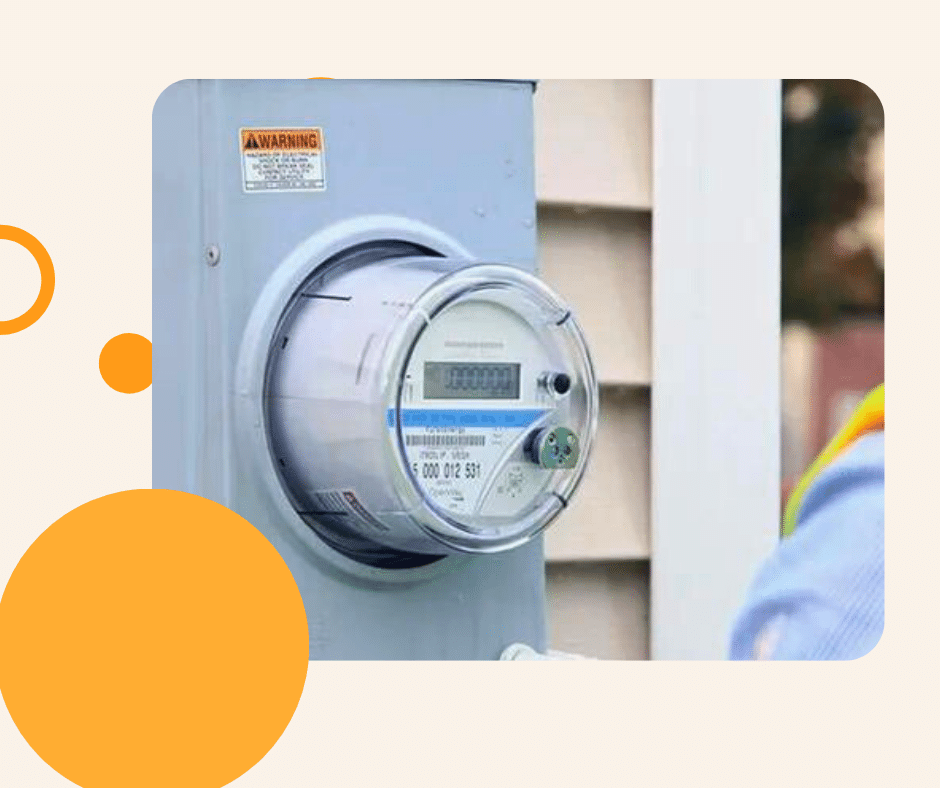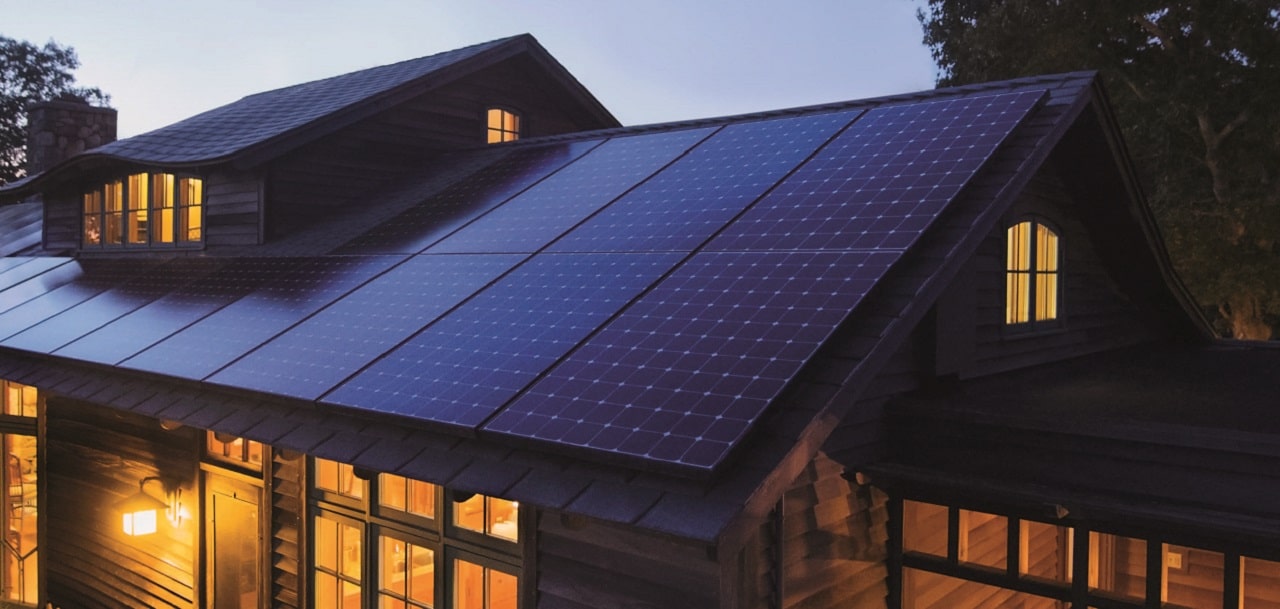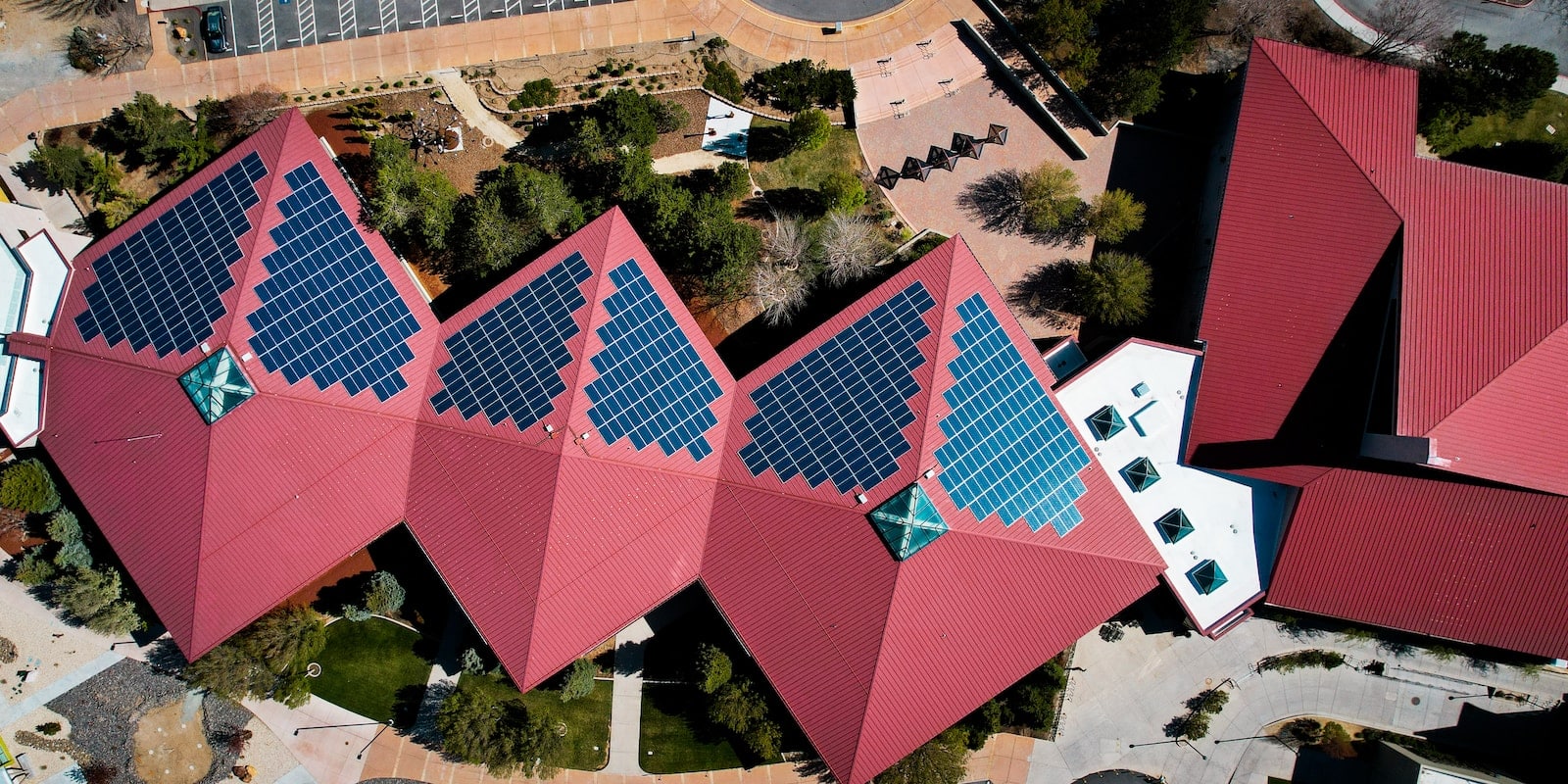Solar energy continues to be a popular topic. This is not a surprise, as people seek alternative forms of energy in an effort to enhance decarbonization efforts, invest in an eco-friendly future, and implement more resilient systems for reliable power in the wake of increasing climate threats.
From fires to floods, there is no question that a more resilient power source is required to keep energy standards up to date.
With this additional popularity, there is an additional abundance of questions that consumers have about solar energy and all the factors that need to be considered with it. This is fair, as any new development in the mainstream should be understood, and questions about its necessity should be answered.
One such question is, “Is solar power a renewable or nonrenewable resource?” If you are new to the world of solar energy, you might not even be aware that there is a difference between the two, or what precisely that difference entails.
But there is a big difference. And it is absolutely worth explaining the difference further. But first, the answer is that yes, solar energy is a renewable (not nonrenewable) resource.
Let’s break this down further.
Solar Energy is a Renewable Resource
Sunlight shines down on the planet every day. Even on cloudy days, the sun is still in the sky doing what it does. And the sun gives off an abundance of energy.
While more consumers need to invest in solar panel installation to take better advantage of this energy source, there is no question that it is the most prominent energy source available to the planet.
So, what about sunlight makes this energy source “renewable” as opposed to “nonrenewable”? Simply put, the fact that the sun is reaching us, and replenishing itself in real time makes it a renewable resource.
It is free, for starters, and not destructive to the environment. This in and of itself should put it as a top contender in the energy industry.
The fact that new solar energy constantly reaches Earth means that, on a practical level, it’s renewable. This is what renewable means in a broad, but accurate sense. The ability to replenish and never run out.
Nonrenewable energy resources are those that cannot possibly keep up with the demand. For instance, coal is a nonrenewable resource, and yet is still a very common provider of energy to many people today.
Coal takes thousands of years to form, which means human progress and demand will outpace this energy source and ultimately exhaust it. It goes without saying that an expiration date on an energy resource is simply not good enough. Additionally, coal is harmful to the environment, which makes it a double loss when going up against solar energy.
So Many Advantages
While the question of whether solar energy is a renewable or nonrenewable or inexhaustible resource is valid, it is not the only question to consider when making the jump to solar energy.
It is an excellent question to start with, and helps establish one of the most important reasons that solar energy needs to be implemented on a larger scale. It’s true that this implementation is happening all over the country, and that more and more residential consumers are seeking out (and experiencing) the benefits of solar energy. But this awareness needs to continue to spread.
Solar energy systems is a way to harness an inexhaustible and free form of energy that is good for the environment and more resilient in the face of climate disasters. These reasons leave no room for arguing for the continued use of a nonrenewable resource, which is only an addition to the climate problem overall. Making the jump to renewable energy is an obvious step, and one that all consumers should be considering.
Call Today and Get a Free Quote
We understand that there is a great deal to consider when making the transition to solar energy.
The questions around the understanding of how solar energy can benefit you, and learning the difference between whether solar energy is a renewable or nonrenewable resource, are only the beginning.
There are considerations that are unique to you and your situation, too. How big is your home? How much sunlight do you get? How much energy do you use?
Questions like these will help you figure out what type of solar system you need, and the best way to go about the installation process.
Because of this, we provide free quotes to anyone interested in seeing where they stand when it comes to installing solar panels on their home, and taking advantage of all that solar energy has to offer. We feel that the only way to increase the number of people turning to solar energy is to provide transparent information about what the process entails, as well as the benefits.




